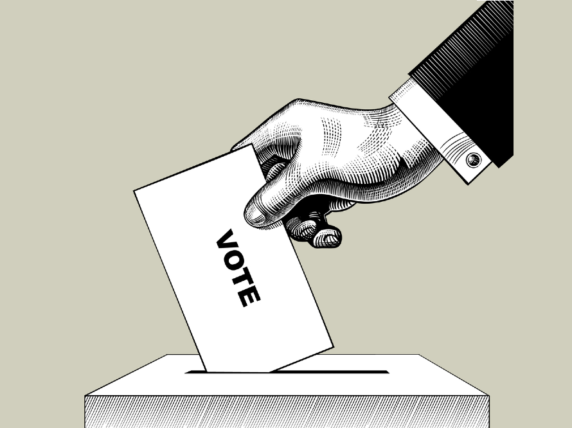Civic space in 2023: One step forward, two steps back
Positive moves from the government on international civil society and civic space continues to be undermined by restrictions domestically.
But first, the positive steps the government has made. During the Spring, the Foreign, Commonwealth and Development Office (FCDO) began consultations on the long-awaited Strategy on Open Societies, Democracy and Human Rights.
Then, just weeks ago, it published the International Development White paper, which makes standing up for open societies and preventing a roll-back of rights one of its core priorities, recognising that the protection of civic space is desperately needed.
However, the UK’s international standing and credibility as a champion of open societies risks being undermined by action at home, as the ability of civil society to take collective action continues to be restricted through a plethora of legislation.
Sweeping new powers to restrict protests and limit civic space
In CIVICUS’ global ranking of civic space, the UK was downgraded to ‘obstructed’, largely in response to new restrictions on protest. The police gained power to subject demonstrators to Serious Disruption Prevention Orders, and protest-related stop and search powers in the Public Order Act. Shortly after, in an unprecedent move, the government used secondary legislation to introduce further restrictions, allowing police to shut down protests that cause ‘more than minor’ disruption – after these measures had already been rejected by Parliament.
At the same time, the government is undermining the right to strike and overturning vital protections for workers. They are removing important protections for migrants and refugees, including weakening their ability to challenge and appeal decisions. They’re also trying to prevent public bodies from drawing attention to global injustice by preventing them from making investment and procurement decisions “that indicates political or moral disapproval of a foreign state.”
And while it is welcome that the Bill of Rights Bill was shelved, there are growing concerns about any new legal framework, after the Supreme Court found the Rwanda Scheme unlawful, and the implications it could have with the UK’s participation in the European Convention on Human Rights (ECHR). Aside from having a negative impact on the UK’s reputation as a global leader, leaving the ECHR would remove a layer of international accountability that protect everyone’s human rights.
The positives
The Police Bill Alliance, which Bond co-convened – won the ‘best collaboration’ award at the Shelia McKechnie Foundation national campaigner awards. The Alliance campaigned against parts of the Police, Crime, sentencing and Courts Bill, a piece of legislation that placed severe restrictions on the right to protest and has serious impacts on Gypsy and Traveller communities.
We succeeded in securing concessions to the Foreign Influence Registration Scheme to limit the impact on members – meaning that fewer INGOS will be impacted. And we are now working to ensure that Home Office guidance is as clear and helpful as possible to minimise any chilling effect.
The year ahead
With an election highly likely in 2024 , it is vital that civil society continue to speak out and remember that campaigning is a normal and legitimate part of civil society’s role during the election period.
But as electoral law has changed this year, it is important that even the most savvy campaigners refresh their knowledge and reacquaint themselves with electoral law, as well as charity regulations if relevant. Bond is producing a range of resources to help, and new guidance from Bates Wells and SMK is useful to help demystify an intimidating area of law and regulation.
It is also possible that some campaigners may face criticism from the media and some MPs, especially those perceived as ‘woke’. In these instances, it is imperative that we support each other and stand up for everyone’s right to campaign.
Recently Bond brought together a range of organisations across sectors to explore scenarios where civil society would need to stand in solidarity with each other. This will be an ongoing discussion in the year to come, to ensure campaigners can be more confident and better able to respond as situations emerge.
It has been another hard year, but we remain grateful to our allies within and outside the Bond membership for working with us to challenge restrictions and hold those in power accountable. We hope that our ability to do so only improves over the year ahead.
Category
News & ViewsThemes
Civic space



